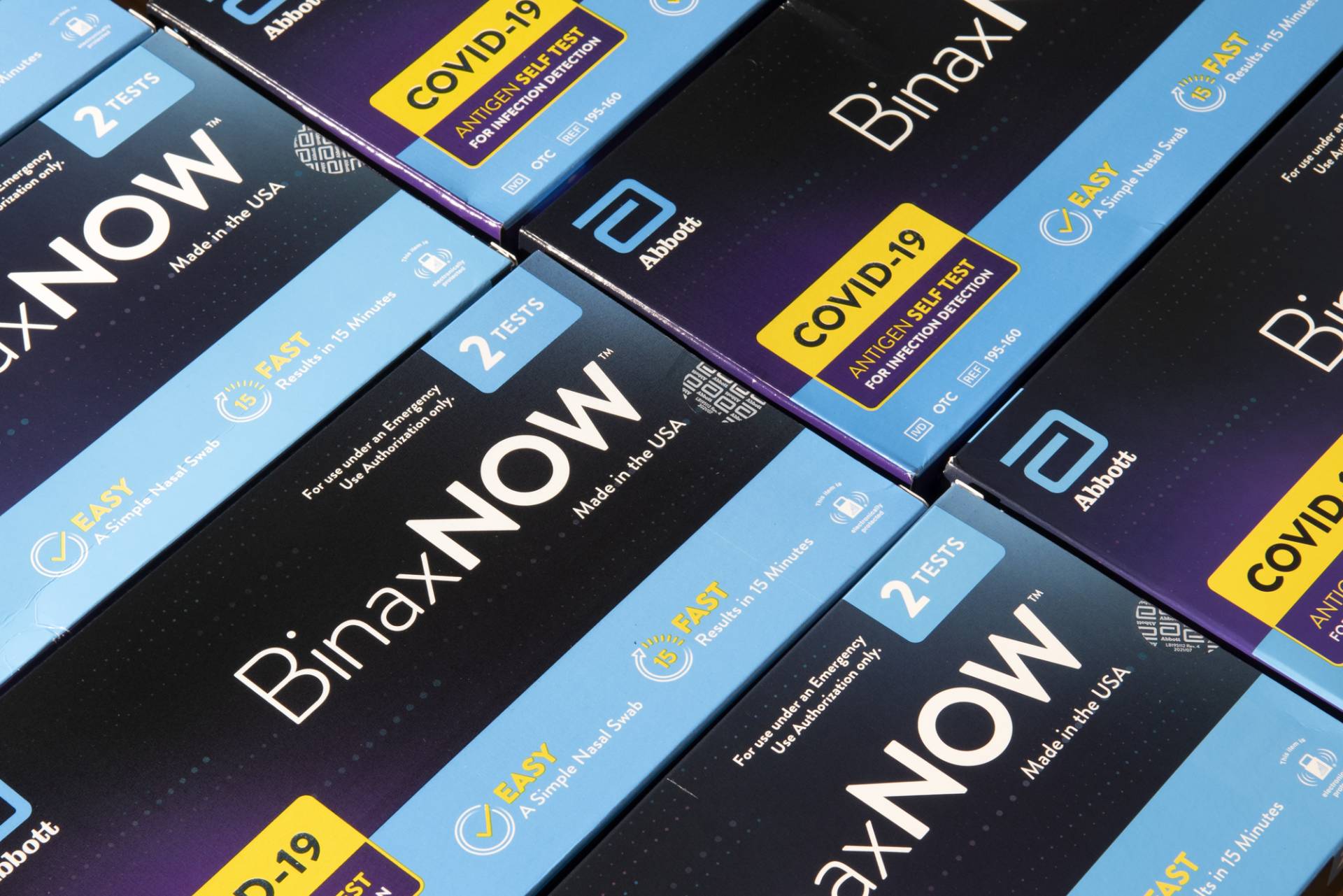So … what should I do if my first COVID-19 test is negative?
Experiencing the onset of symptoms that feel like COVID-19 is unpleasant and worrying enough. And now, this new possible delay around even knowing if you have COVID-19 adds another element of frustration and uncertainty to what’s already a stressful situation. Even if you’ve been able to find free COVID-19 tests being given away or by order from the U.S. government via USPS, one COVID-19 scare in a family can run through that stockpile pretty fast — and the cost of purchasing new COVID-19 antigen kits can really add up.
If you’re in the limbo of not knowing whether you actually have COVID-19 yet, here’s what to do:
If your first test is negative for COVID-19, test again later
If you have symptoms but have tested negative, don’t assume it means you’re COVID-free. The CDC recommends that you take another antigen test 48 hours later and then test again after another 48 hours.
Chin-Hong advises that you can also seek out a PCR test, which is more sensitive.
While you’re unsure, play it safe
If you have symptoms and don’t know why yet for sure, stay home as much as you can. If you truly can’t stay indoors and away from others, wear a well-fitted mask to protect your community and try to ensure you’re in well-ventilated spaces.
Be especially careful not to spread any virus around folks who are at higher risk for serious illness or hospitalization from COVID-19, which includes older people, immunocompromised and disabled people.
Remember: Just because it’s not COVID-19 doesn’t mean you’re not still sick
Even if you turn out not to have COVID-19 after several days of testing but you’re still experiencing symptoms, you might still be infected with one of the other highly infectious winter respiratory viruses out there like flu, RSV or a bad cold. And if you’re sick, you could easily infect your friends, family or colleagues with whatever you’re suffering from.
Give yourself permission not to trust a friend’s negative test, too
What if it’s a friend who’s experiencing COVID-19 symptoms, and they’re insisting that they’re safe to meet with you because “they took a test and it’s negative”?
Knowing what you know — that it can sometimes take folks longer to get a positive COVID-19 test in 2024 — you should feel free to compassionately tell your friend that while you trust them, you can’t trust an early negative test right now. There’s a good chance that they have no idea that positive tests can be increasingly delayed and will be relieved to know that by staying home, they haven’t accidentally spread an infectious disease to you or other loved ones.
And if they disagree and insist they’re still safe to meet up? You should feel free to decline, even if it feels awkward. Remember, it’s not weird to not want to get COVID-19.
Stock up on free COVID-19 tests …
Finding a quick, free COVID-19 test — whether an at-home antigen test or a PCR test — has gotten progressively harder at this stage of the pandemic as more sites and services have shuttered. The federal government has, at least, restarted its free at-home COVID-test-ordering service through USPS, meaning you can once again order another four free antigen tests to be delivered to your door for a future time.
Read more about where to find free or low-cost COVID-19 tests this winter.
… but make sure your COVID-19 tests haven’t expired
Many of the COVID-19 tests being made available right now (for example, at your local public library) may be approaching their expiration date if they haven’t already passed it. And an expired test could give you an unreliable result.
You can check the FDA’s list of antigen test types to see whether the box you’re holding has had its shelf life extended by the manufacturer. The FDA said that if a test’s shelf life has been extended, it’s because the manufacturer has given the agency enough “data showing that the shelf-life is longer than was known when the test was first authorized.” (In other words, it’s still OK to use that test.)
Tell us: What else do you need information about?
At KQED News, we know that it can sometimes be hard to track down the answers to navigate life in the Bay Area. We’ve published clear, practical explainers and guides about COVID-19, how to cope with intense winter weather, and how to exercise your right to protest safely.
So tell us: What do you need to know more about? Tell us, and you could see your question answered online or on social media. What you submit will make our reporting stronger and help us decide what to cover here on our site and on KQED Public Radio, too.

